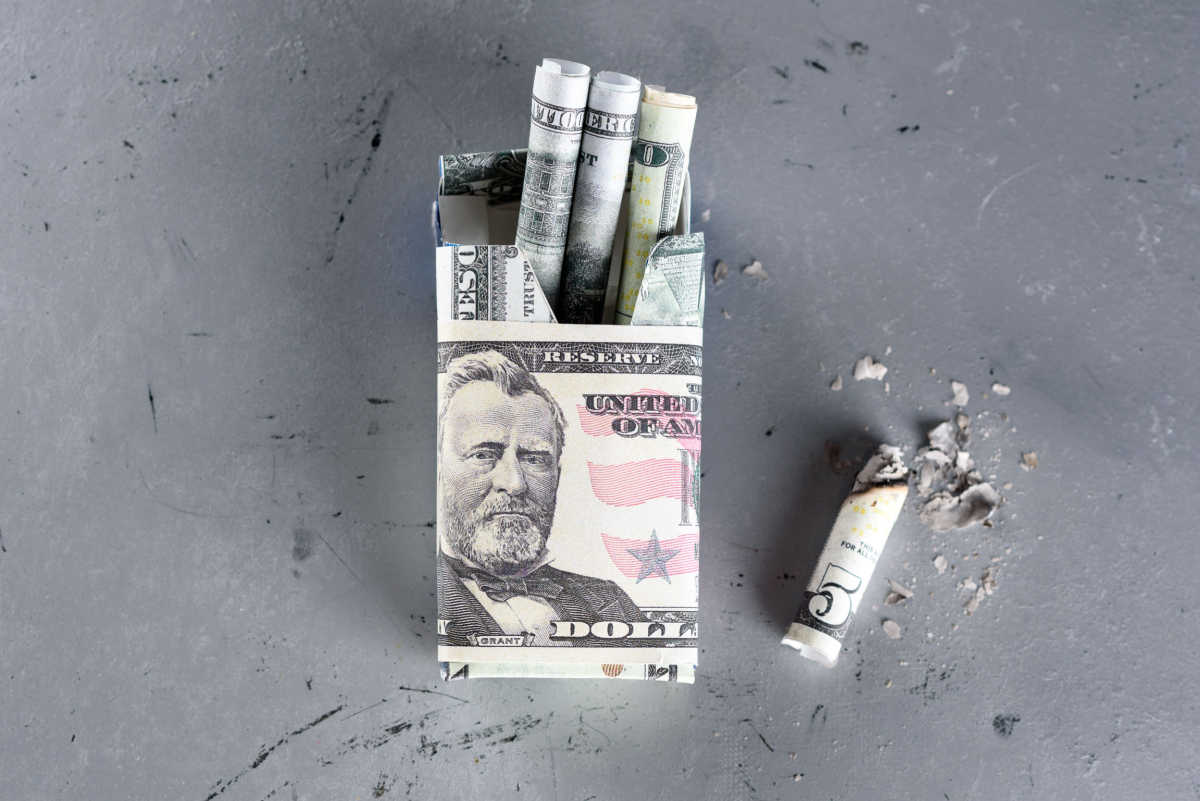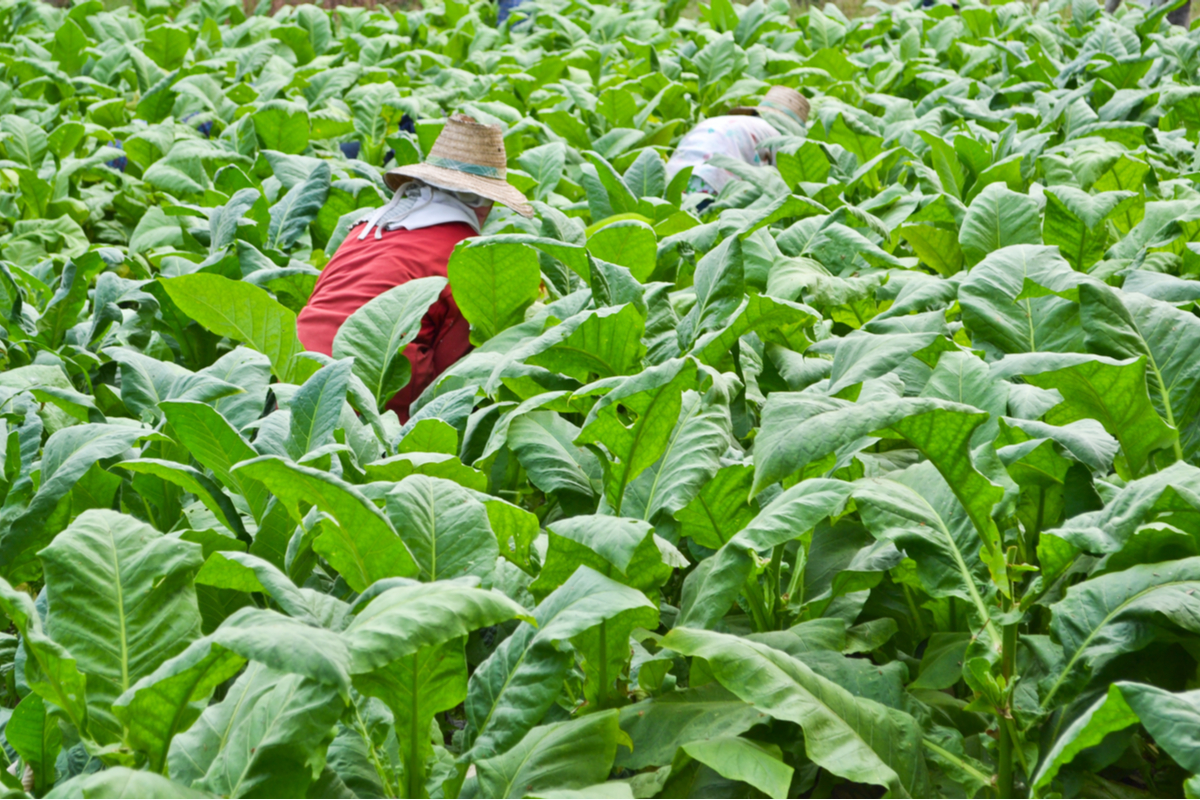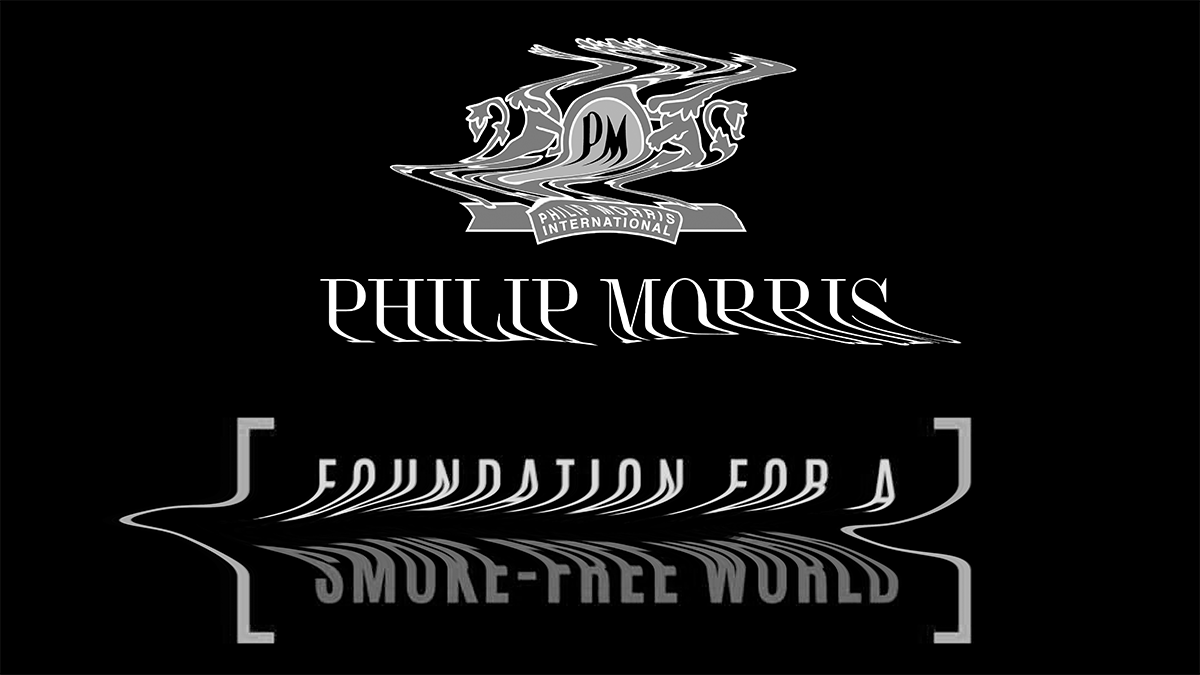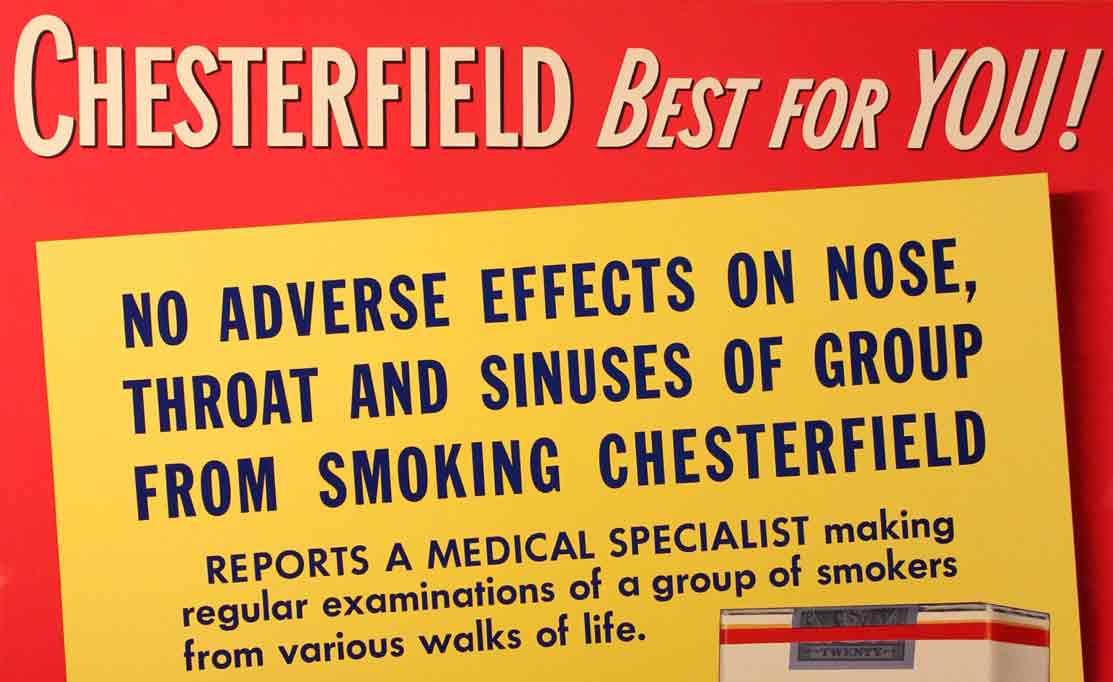- Resources
- News
-
-
Get Email Updates
Sign up for STOP's newsletter and never miss an update on our latest work and the tobacco industry's activity.
-
Get Funding
Ready to tackle industry interference? You could be eligible for a grant.
-
Share a Tip
Do you have information on tobacco industry misconduct in your country? Let us know.
-
Get Email Updates

No one can say that smoking isn’t addictive or harmful to your health. Those claims were debunked decades ago. But tobacco companies still argue that tobacco is beneficial to societies because of the economic “benefits” the industry may bring to a country, such as jobs or tax revenues.
Taking the true cost of smoking into account, is that true? Not exactly.
We pay how much for tobacco use?
Before getting into numbers, it’s important to acknowledge that the suffering caused by tobacco use—whether it’s the distress and pain of experiencing a tobacco-related illness or the grief following the loss of a loved one—is unquantifiable. Some of tobacco’s effects, however, can and should be quantified so we better understand the devastating economic impact of tobacco, in addition to the immeasurable suffering it causes.

When it comes to paying for the health harms of tobacco, almost everyone foots the bill in one way or another.
Every year, the world racks up close to US $1.8 trillion in economic damage due to tobacco use. That damage comes in the form of money spent to address the harms caused by tobacco, such as paying medical bills for tobacco-related diseases, but also the money never accrued, such as drops in company profits or loss of wages due to labor lost to tobacco-related illness or death.
When it comes to paying for the health harms of tobacco, almost everyone foots the bill in one way or another. Smoking-related health expenses are paid by people who use tobacco, people who’ve been exposed to second-hand smoke, private health insurance companies and tax-funded government programs that pay for healthcare. A literature review that covered 44 countries between 1990 and 2015 showed that countries spent anywhere from about 1.2% to 13% of their total health expenditures on smoking-attributable diseases.
Tobacco-related illness and premature death also takes a toll on economies by affecting the workforce. When people can’t work due to tobacco-related illness, employees may lose income and employers suffer productivity losses. According to the World Health Organization (WHO), tobacco kills more than 8 million people every year. Researchers estimate that 12% of deaths among working-age adults around the world are caused by tobacco-attributable disease.
Then you have the economic damage that isn’t being measured. A brief produced by Tobacconomics notes that other expenses, such as costs associated with smoking-related fires and the huge financial burden associated with tobacco-related environmental waste (think: billions of cigarette butts that cities spend money to clean up), aren’t often included in these figures. This makes the true cost of tobacco use even higher.
But don’t tobacco companies pay a lot in taxes, thus helping economies?
Tobacco tax revenues don’t come close to covering the cost of smoking and other tobacco use incurred by societies. For example, a new tax-focused website highlights how Brazil accrues about US $10 billion per year in direct tobacco-related costs, including medical treatments, and about US $8.5 billion in indirect costs, including loss of productivity. Yet, the government collects only about US $2.4 billion in tobacco taxes per year. Tobacconomics also points out that in most low- and middle-income countries (LMICs), where over 80% of the world’s tobacco users live, tobacco tax collections equate to less than 1% of their GDPs.
Many tobacco companies try to portray themselves as responsible tax-payers, but evidence shows they often fight to pay as little tax as possible. The 2021 Global Tobacco Industry Interference Index documents how the industry defeated tax increases in Chile, Ethiopia, Malaysia, Paraguay and Tanzania.
British American Tobacco (BAT) is one of the world’s largest tobacco companies, and has come under fire for its deceitful tax practices, particularly in LMICs. A report by Tax Justice Network asked the question, “Are tobacco companies making a fair tax contribution to the societies where their profitmaking activities cause the greatest human and economic costs?” After analyzing BAT’s tax behaviors in Bangladesh, Brazil, Indonesia, Guyana, Kenya, Trinidad and Tobago, Uganda and Zambia, the answer was a “resounding ‘no’.” The group examined the ways in which BAT reduces its tax bill, and concluded that if nothing changes, approximately US $700 million will be lost in tax revenue by 2030.
Doesn’t the tobacco industry provide tobacco growers and manufacturers with jobs?
Big Tobacco leans heavily on this claim, but evidence shows there are negative economic impacts of growing tobacco for many smallholder farms. Under the contract system, seen in various tobacco-growing countries in Africa, farmers receive loans from local subsidiaries of multinational tobacco leaf companies or cigarette manufacturers, who agree to buy the farmers’ harvest. However, the leaf companies get to determine the prices they pay. After farmers sell their harvest and repay their loans, many may remain in debt.
The tobacco industry also has a widespread child labor problem. Around the world, an estimated 1.3 million children work in tobacco production—in growing, leaf-drying and storage, or in cigarette factories. The industry is said to perpetuate child labor by keeping wages and tobacco prices low, creating the need for children to work to help their families’ economic situations. This robs children of a full education and the opportunities, economic and otherwise, afforded to them by an education.
What’s actually good for economies?
Reducing tobacco use. A decrease in tobacco-related illness would mean the entities that pay for healthcare (such as governments, companies and/or individuals) would save money and medical systems would be less strained. Productivity at work would also stand to improve, with fewer adults missing work due to illness, and possibly losing out on wages.
At the micro level, families that once saw a portion of their finances go toward paying for tobacco products could redirect that money towards education, food, transportation, savings or other necessities.
The tobacco industry is cited as the biggest barrier to reducing tobacco use. It opposes policies that would reduce smoking rates and fights regulations that would help prevent new generations from becoming addicted. It acts to protect its profits at the expense of health, the environment and economies.
Help us hold Big Tobacco accountable. Sign up to receive email updates on the industry’s actions, or let us know about tobacco industry misconduct where you live.




